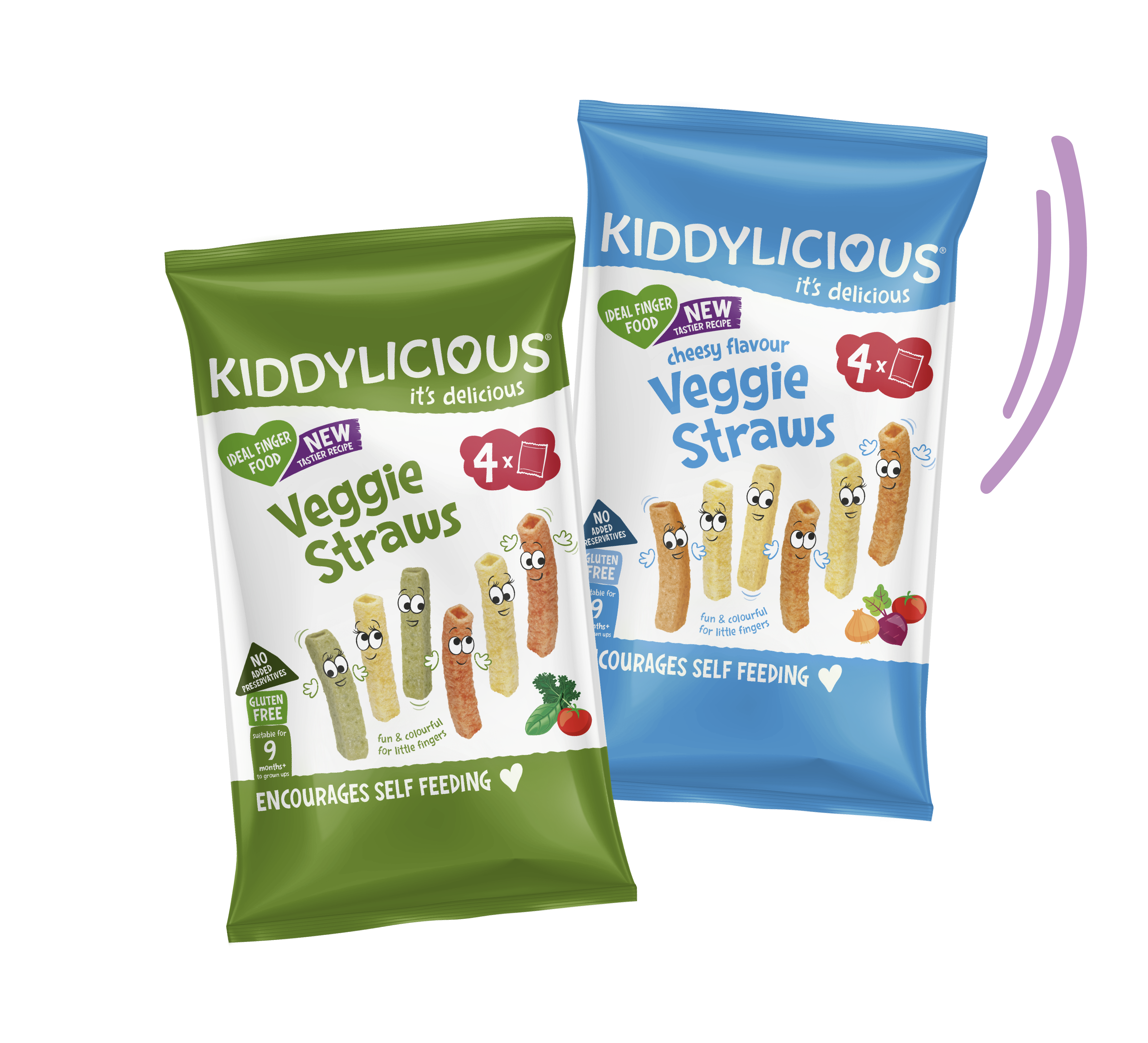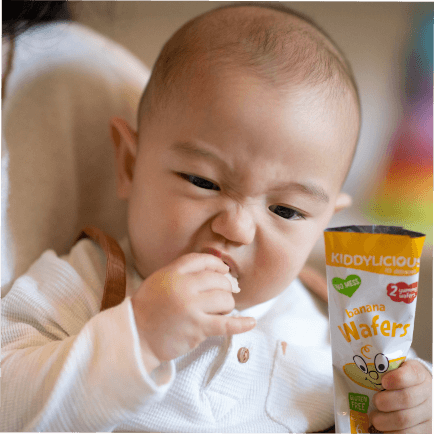
Everything you need to know about starting your little one’s weaning journey. We’ve got top tips from parents and experts on how to get their tastebuds tingling.
Kick-start your little one’s positive relationship with food by teaching them to eat well and by establishing good eating habits right from the get-go.
Learn how to deal with developmental milestones, and the curveballs, as your little one’s tummy (and teeth!) grow.


We understand how difficult it can be managing a diet for a little one with allergies. For this reason we offer an allergen friendly range, meaning no tiny tummy has to miss out on tasty, nutritious snacks.